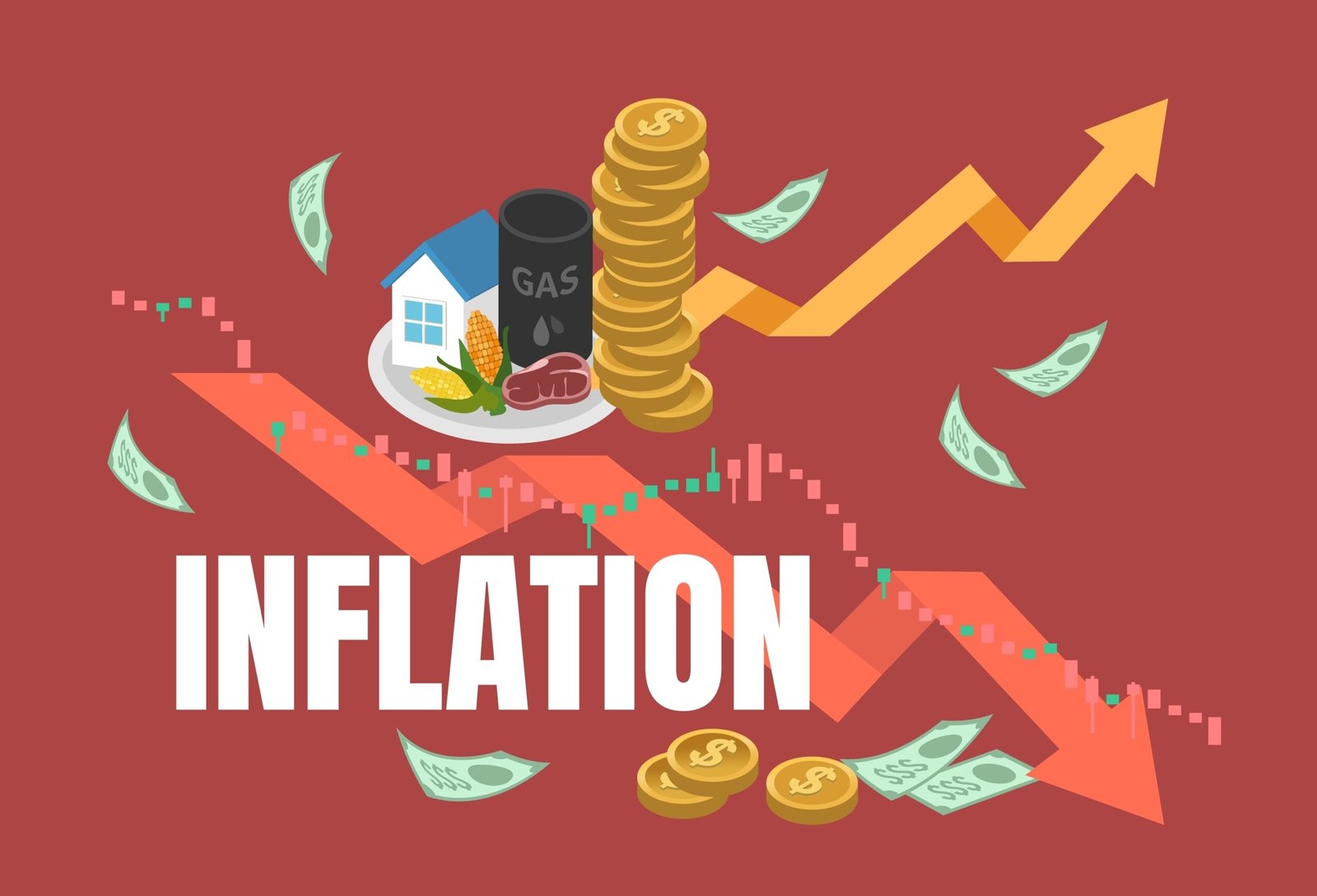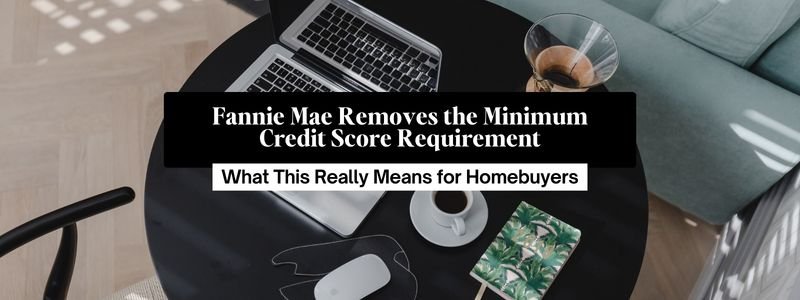
PMI vs. MIP: What Raleigh Homebuyers Need to Know
Decoding mortgage insurance can feel overwhelming to Raleigh-area homebuyers. Two acronyms—PMI (Private Mortgage Insurance) and MIP (Mortgage Insurance Premium)—sound similar but apply to different loan types. At Certified Home Loans, we help homeowners across Raleigh, Cary, Apex, Wake Forest, and surrounding areas make informed decisions. Let’s explore what PMI and MIP cover, how much they cost, and how to manage or eliminate them to maximize your long-term savings.
What Is PMI? (Private Mortgage Insurance)
Definition & Purpose
PMI applies only to Conventional loans when the borrower puts down less than 20%. It protects the lender—not the homeowner—if the borrower defaults.
Cost Structure
PMI typically ranges from 0.1% to 2.0% of the loan principal annually, added to monthly mortgage payments. Your rate depends on factors like down payment size, credit score, and debt-to-income ratio.
When Can You Cancel It?
You can request PMI cancellation once you reach 20% equity (i.e., an 80% loan-to-value ratio), and lenders must automatically terminate it at 22% equity.
What Is MIP? (Mortgage Insurance Premium — FHA Loans)
Definition & Purpose
MIP is exclusive to FHA loans, which are government-backed mortgages that allow lower credit scores and down payments. MIP protects the lender if the borrower defaults.
Cost Structure
There are two components:
-
Upfront MIP (UFMIP): Typically 1.75% of the loan amount, which can often be financed into your mortgage.
-
Annual MIP: A recurring charge between 0.15% and 0.75% of the loan balance, based on LTV, loan term, and loan amount.
Can It Be Cancelled?
-
If you put down 10% or more, MIP lasts approximately 11 years.
-
If your down payment is less than 10%, MIP remains for the life of the loan unless you refinance into a conventional mortgage.
Side-by-Side Comparison
| Feature | PMI (Conventional Loan) | MIP (FHA Loan) |
|---|---|---|
| Applies To | Conventional loans with < 20% down | All FHA loans |
| Upfront Cost | None (although PMI can sometimes be paid lump sum) | UFMIP ≈ 1.75% of loan amount |
| Annual Cost | ~0.1%–2.0% of loan amount | ~0.15%–0.75% of loan amount |
| Cancellation Options | Request at 20% equity; auto-cancel at 22% | Ends at 11 years if ≥10% down; else only via refinance |
| Best For | Borrowers with good credit and ability to build equity | Borrowers needing low down or flexible credit scores |
| Local Considerations | Ideal for families anticipating rising home value in Raleigh neighborhoods | Helpful for buyers pulling together a smaller down payment quickly |
Why It Matters in the Raleigh Market
-
Equity Growth Potential: With strong market appreciation in Raleigh and nearby towns (Cary, Apex), conventional loans with PMI may pay off sooner via equity growth.
-
Credit Access & Speed: Buyers with less-than-perfect credit or limited down payment funds may find many FHA/MIP options helpful to enter the market faster—without a high upfront cash commitment.
-
Refinancing Strategy: Starting with MIP and transitioning to a conventional loan as equity builds (refinance) is a common path—and we help guide that process.
Visualization: PMI vs. MIP Over Time (Example Scenario)
(Note: Visual chart graphics would go here—e.g., cumulative mortgage insurance costs over 15 years for both PMI and MIP vs. equity timeline.)
-
Year 0: PMI (0.8%) vs. UFMIP + MIP (1.75% + 0.5%).
-
Year 5: PMI canceled at the equity threshold, while MIP continues.
-
Year 11: MIP ends (if down payment ≥10%) or refinance opportunity arises.
This helps homebuyers see how the two options compare over time—not just in monthly payment terms, but in total cost.
Local Raleigh Tip: Which Path Journey Fits You Best?
-
PMI (Conventional): Best for buyers with decent credit (usually FICO ≥ 620) and who can manage down payments of ~5–20%. You’ll save money long-term as equity grows—especially in fast-appreciating neighborhoods.
-
MIP (FHA): Ideal if your credit is lower, you have limited savings, or you want to own sooner with as little as 3.5% down. The trade-off: higher total mortgage insurance cost and more limited cancellation options.
→ But refinancing into a conventional loan once equity and profile improve is a smart way to eliminate MIP.
Final Thoughts – Certified Home Loans Can Help You Navigate It
Both PMI and MIP serve the same core purpose: protecting lenders when buyers don’t have 20% equity. But they differ fundamentally in:
-
Eligibility & structure
-
Cost types and duration
-
Cancellation and exit strategies
At Certified Home Loans, serving Raleigh, Cary, Apex, Garner, Holly Springs, Fuquay-Varina, Wake Forest, Rolesville, Knightdale, Morrisville, Clayton, Wendell, Zebulon, Durham, Smithfield, Creedmoor, and Franklinton we guide borrowers through choosing the right mortgage program, comparing long-term costs, and planning exit strategies like PMI cancellation or FHA-to-conventional refinance.
Need help comparing options? Curious how current Raleigh home values impact your equity or what your exact PMI/MIP payments would look like on your projected loan? Reach out to our local mortgage experts today. We will build a custom plan tailored to your budget and goals.





